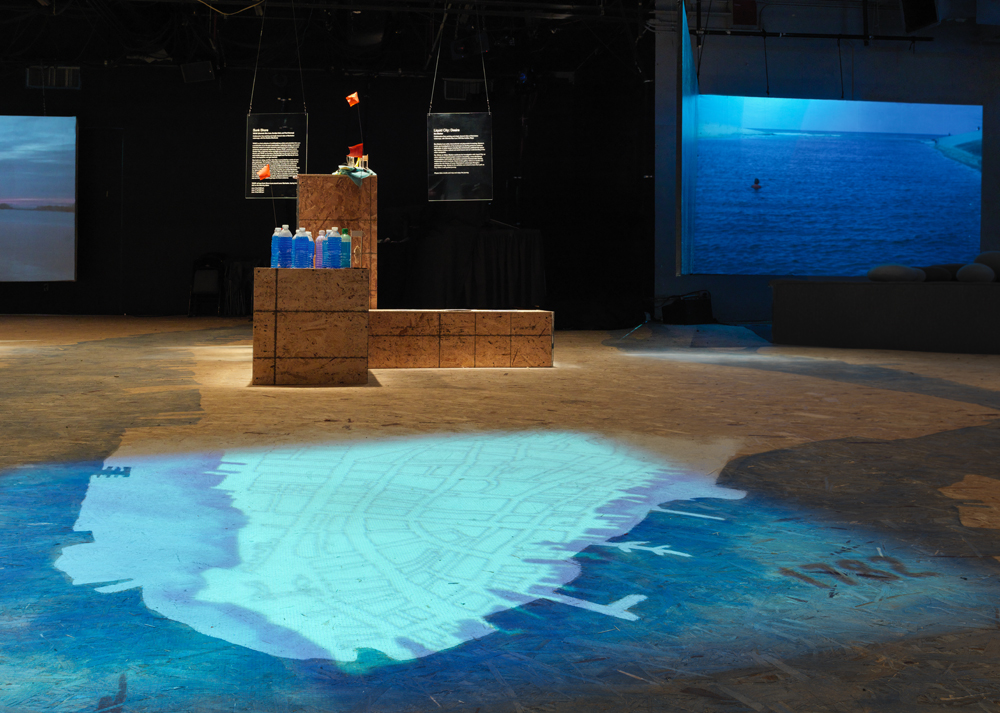Schuylkill Corps Questionnaire: Eve Mosher
February 28, 2018
Joanne Douglas
Formed in 2016, The Schuylkill River and Urban Waters Research Corps is a public, cooperative research project organized by Peter DeCarlo (Drexel), Danielle Redden (Bartram's Garden), and Bethany Wiggin (Penn). Since its inception the Schuylkill Corps has brought together artists, historians, community organizers, students and scholars together in a bi-weekly seminar to discuss their research and creative practices revolving around one central focal point, the Schuylkill River.
We put together a brief questionnaire for each of our previous seminar participants that summons us back to the river – to share their perspectives, projects, and experiences on urban waters.
Eve Mosher is an artist, interventionist and playworker-in-training currently living and working in New York. Her presentation at the Schuylkill Corps Seminar lead the group in a discussion around creativity and collaboration on the urban waterways focusing on looking at the future of the water ways as a space of cross disciplinary creativity to tackle challenges and capitalize on opportunities. More about her work and current projects can be found HERE.
Schuylkill Corps: What is your relationship to urban waterways?
Eve Mosher: As an artist, researching the convergences of challenges and opportunities in urban waterways, and working on radical imagination of the future of the waterways. As an individual, I grew up in flood prone West Houston and have spent many years nourishing my soul and clearing my mind on coasts around the world, but dense and desolate.
SC: How has this shaped or defined your work, research or creative practice?
EM: The waterways are a complete obsession of mine, they have played such a huge role in how urban areas developed and they will have an untold impact on many of these same urban areas as population increases, commerce evolves and climate change threatens.
SC: What stands out to you about waterways that run through cities?
EM: Urban waterways are a powerful force that shapes the lands and people around them. They are the convergence of ecology, commerce, infrastructure, transportation and recreation. They also have a power and mythology all their own - shaping the growth of cities, playing an important role in the fascinating history of cities and posing grave threats in the future.
SC: From your perspective, what is the future of urban waterways?
EM: A space for creative, cross-disciplinary solution design. We will need to re-imagine the waterways as a space of opportunity in order to address the many shifts and changes headed our way.

Follow the Schuylkill River & Urban Waters Research Corps on Facebook, Instagram and Twitter @SchuylkillCorps to stay updated on news and events.
